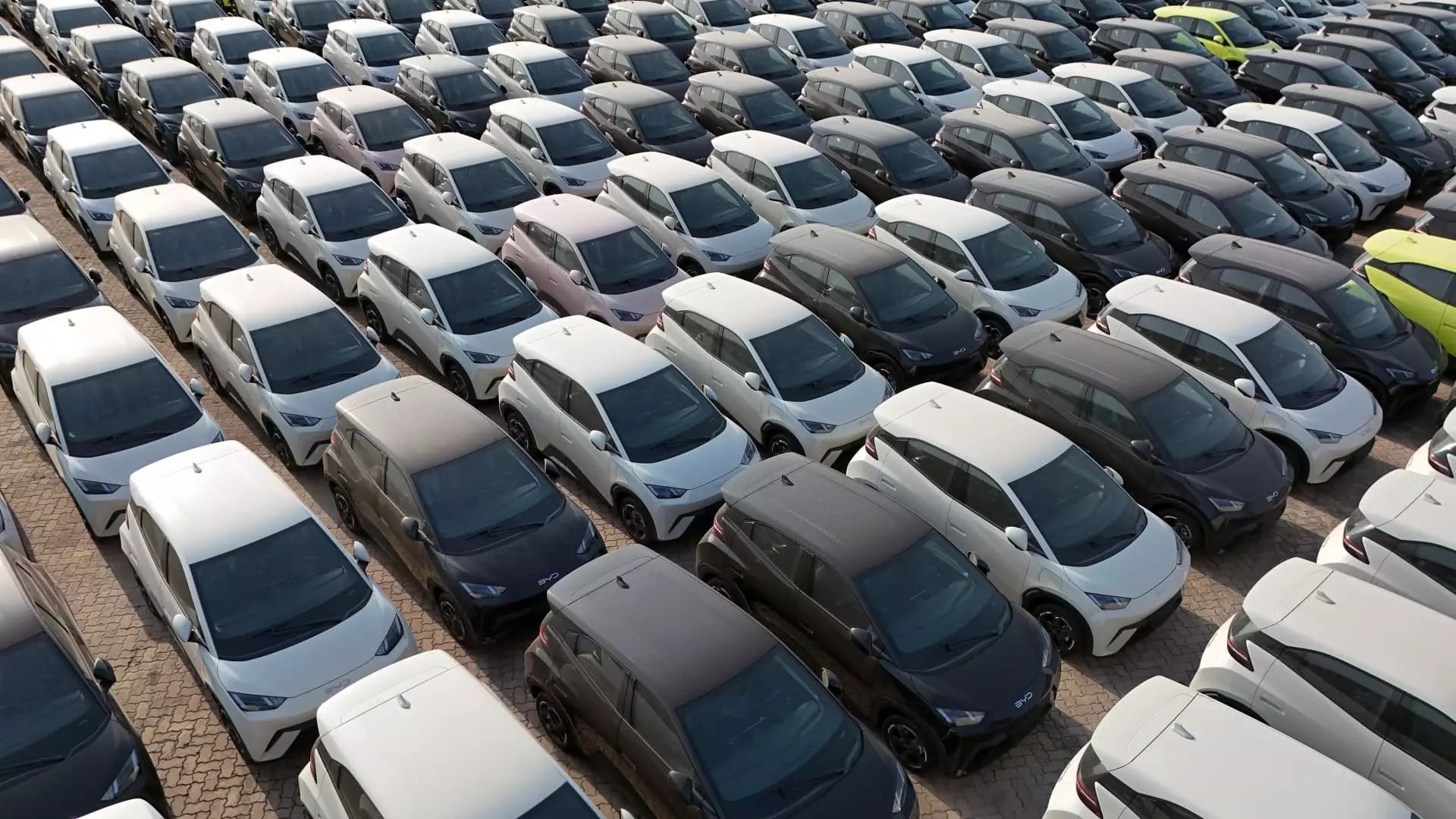The Chinese government recently expressed its dissatisfaction with the European Union’s decision to impose tariffs on electric vehicle imports from China. In a statement from the Ministry of Commerce, Beijing criticized the EU for what it perceived as unfair competition practices, stating that the bloc’s investigation into Chinese subsidies for the electric vehicle industry had reached “pre-set conclusions.” The Ministry emphasized that China would take all necessary measures to protect the rights and interests of Chinese companies in the face of these tariffs.
The European Commission, the executive body of the EU, announced a reduction in import duties for several major electric automakers, including Tesla, importing vehicles from China. The tariffs on Tesla were lowered to 9%, a significant decrease from the previously expected rate of 20.8%. Additionally, the EU set tariffs on other Chinese electric car manufacturers such as BYD, SAIC, and Geely. These tariffs were introduced in response to concerns from the EU about the impact of China’s generous subsidies on distorting competition in Europe.
In response to the EU’s decision, the Chinese Commerce Ministry highlighted the extensive efforts made by both the Chinese government and the electric vehicle industry to defend against the imposition of tariffs. The Ministry stated that tens of thousands of legal documents and evidence materials were provided to the EU, demonstrating the industry’s compliance with regulations. However, the Ministry criticized the EU’s final ruling for not fully considering China’s perspective and relying on unilaterally identified facts.
The Chinese government expressed deep concern over the EU’s decision and emphasized the need to avoid an escalation of trade frictions. Despite the disagreement over tariffs, China hopes to resolve any trade disputes with the EU through practical actions and dialogue. Both parties recognize the importance of maintaining stable trade relations and minimizing disruptions to the global automotive industry supply chain.
Overall, the imposition of tariffs on Chinese electric vehicle imports by the EU has created tensions between the two economic powers. The differing perspectives on competition practices and the impact of subsidies highlight the complexities of international trade relations. It remains to be seen how China and the EU will navigate these challenges and work towards a mutually beneficial solution that promotes fair trade practices and sustainable industry growth.


Leave a Reply